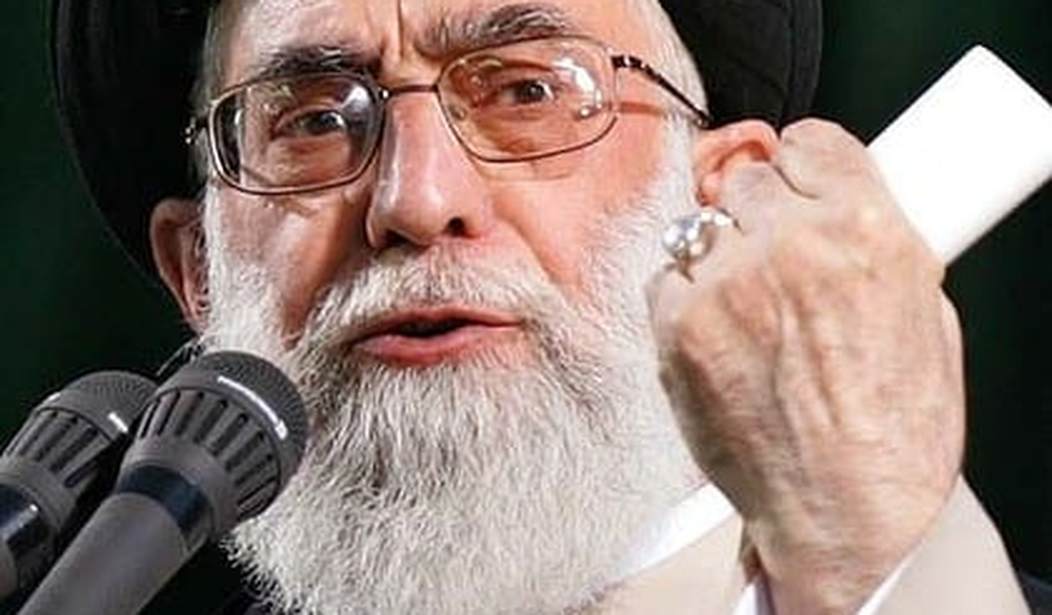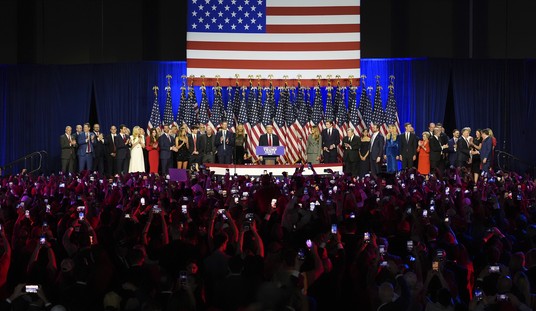The junior senator from Connecticut today blocked an effort to force a vote on a bill requiring congressional approval on any nuclear deal, arguing that legislative action would send a “chilling message” to Iran and negotiators.
Sen. Lindsey Graham (R-S.C.) took to the floor late Thursday afternoon to request a vote on the Iran Nuclear Negotiations Act of 2014.
The bill, introduced in July by Senate Foreign Relations Committee Ranking Member Bob Corker (R-Tenn.), has 11 Republican co-sponsors including Graham yet has not emerged from committee. Corker introduced the measure after the administration granted a four-month extension to the nuclear talks.
Under the bill, the president would have to submit any comprehensive nuclear agreement inked with Iran to Congress within three days. Lawmakers would have 15 days to review it, then would get another 15 days to introduce an expedited joint resolution of disapproval. Sanctions would be re-imposed if that passes.
The measure also stipulates that the Director of National Intelligence notify Congress within 10 days of receiving evidence that Iran has cheated on the terms of the agreement or refused to cooperate with the International Atomic Energy Agency. Again, sanctions would be re-imposed.
It also makes Nov. 24 the last deadline, with no more extensions granted. Any sanctions lifted under the interim agreement would go back into force on Nov. 28.
Graham said it was critical to get the bill through before the administration rushes to a bad deal.
Taking the otherwise empty floor to object, Sen. Chris Murphy (D-Conn.) said, “We are all of one mind in that we are hopeful that these negotiations are concluded successfully, that we are able to stand together and say that we have used diplomacy rather than military might in order to dislodge from Iran any prospect of obtaining a nuclear weapon.”
“We are at an absolutely critical moment in these negotiations and I believe that the underlying bill which is being brought to the floor today would undermine those negotiations by sending a message that Congress does not stand with the president as he and his team negotiate these final agreements,” Murphy said.
He acknowledged that “there’s going to be a legitimate question about what Congress’ role is.”
“But we won’t know that until we see the agreement. We won’t know whether it rises to the level of a treaty. We won’t know whether we need to pass legislation to immediately repeal sanctions versus having them temporarily suspended,” Murphy said. “This bill has not gone through the committee process, and while it raises some legitimate questions of what Congress’ role is going to be, if there is ultimately an agreement worked out between the P5+1 and Iran, it is premature at this point to set into process, to set into law a process by which we would vote an agreement up or down until we understand what the agreement is in the first place.”
“I do worry as well that it would send a fairly chilling message to negotiators and to those who are in the room if the signal is that the United States Congress is not giving the full authority to this president, under the Constitution, in order to negotiate an agreement which is ultimately going to be, we hope, to the benefit of U.S. and global security.”
In response, Graham propped up a posterboard featuring Ayatollah Ali Khamenei’s weekend tweet about “how can Israel be eliminated.” A Monday tweet from the ayatollah detailed why he supports the nuclear talks, including “repelling the evil of the Great Satan.”
“About ‘chilling messages,’ this is a pretty chilling message from the supreme leader of Iran,” Graham noted. “Nine questions about the elimination of Israel.”
He also noted recent observations of an IAEA inspector about “elements of the Iranian nuclear program that have been hidden but that would make it larger than we all suspect.”
“What are we trying to do? I would like to bring the Iranian nuclear program to an end through peaceful means,” Graham said, adding that a deal could allow Tehran to produce peaceful nuclear power “but without the capability of turning that program into a weapons program.”
“I fear that we’re on the road to a North Korean outcome.”
Graham said he’s asked the administration “several times” what safeguards exist in the negotiations with Iran that didn’t exist with North Korea, “and I’ve yet to get an answer.”
He noted that it’s likely a given that a final deal will give Iran the right to enrich. “Of all the nations on Earth, given their behavior, name one county that you would put in a category ahead of Iran when it comes to denying them the ability to have a centrifuge that one day could be used to make a weapon,” the senator said. “The idea of giving an enrichment capability to the Iranians given 30 years of lying, deceit, American blood on their hands and recent tweets about annihilating Israel to me is insane.”
“All we’re asking is that any deal negotiated between the P5+1 come to this body for a discussion and a vote.”
On Wednesday, Sens. Robert Menendez (D-N.J.) and Mark Kirk (R-Ill.), who crafted legislation including strict guidance for the compliance necessary to ease sanctions, vowed in a joint statement to block a bad deal with Iran.
“A good deal will dismantle, not just stall, Iran’s illicit nuclear program and prevent Iran from ever becoming a threshold nuclear weapons state,” they said. “This will require stringent limits on nuclear-related research, development and procurement, coming clean on all possible military dimensions (PMD) issues and a robust inspection and verification regime for decades to prevent Iran from breaking-out or covertly sneaking-out.”
“Gradual sanctions relaxation would only occur if Iran strictly complied with all parts of the agreement. If a potential deal does not achieve these goals, we will work with our colleagues in Congress to act decisively, as we have in the past.”
Neither Menendez nor Kirk were on the floor for the unanimous consent request today, leaving options open for what they could craft with Corker, Graham and other allies.
Graham stressed today that “one centrifuge in the hands of people with this mentality is one too many.”
“If it’s a good deal it will be approved, if it’s a bad deal we will stop it. I can’t imagine the Senate and the House sitting on the sidelines and ignoring something this important,” he said.
“President Obama wants a deal too badly, in my view… we will not sit on the sidelines and watch you go it alone. This is one decision that the president will make that the Congress has to be read in on and have a say about. This is not the time to let President Obama go it alone. The stakes are too high for the United States, for Israel and for the world at large.”
When stressing the danger of letting Iran enrich and have nuclear capability, Graham noted, “Name one technology they haven’t shared with terrorists… it will surely come our way.”
“A week from Monday the deadline comes to an end. I want everyone at the negotiating table to know that this deal is so important for the United States and the world that the Congress needs to have a say. Barack Obama should not be able to make any deal with the Iranians that’s binding unless the Congress approves and the Iranians should never be allowed to have a nuclear capability period that could be turned into a weapon.”









Join the conversation as a VIP Member